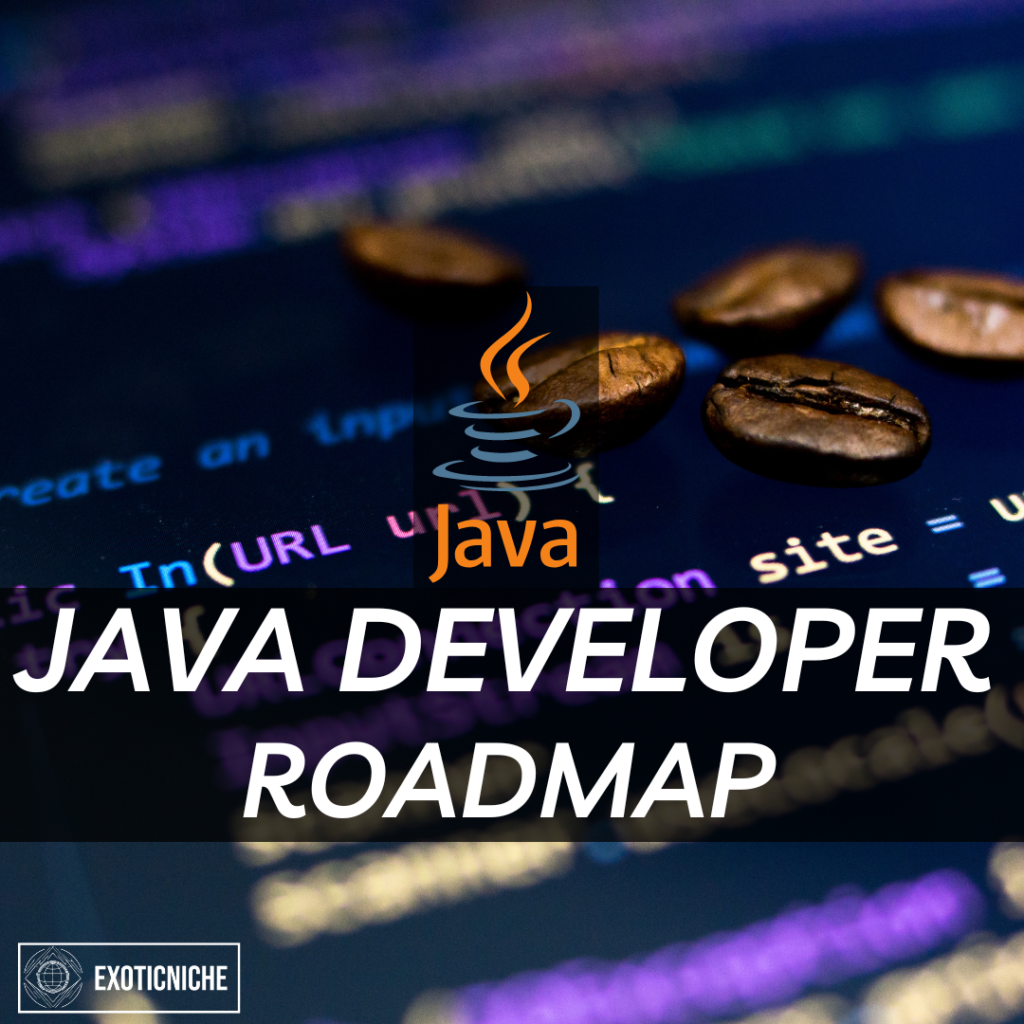Guys get deep-dived into the programming world. We are engineering students and wanted to share the Java developer roadmap. Let’s get to know about the world’s toughest job interview, I know you have heard this from many people around you and seniors. But as per my experience and learning process, nothing is impossible and tough until and unless you keep efforts for that.
Java is made to be tough because any application and software we use around the world is linked with Java. Our smartphones, laptops, TVs, and whatnot. Every technical gadget that we look at around us is developed by Java.
We are here to give guidance to become a Java developer. Here I guide you from basic to advanced level in Java development.
Java developer roadmap for beginners:
At the beginning of the course, one should learn GIT and LINUX. These two things are basic for any programming language across the world. GIT plays a major role in all of the programming languages and developers.
One must have a clear understanding of Linux even if it is tough.
Platform for java developer:
IDE (Integrated development environment) is a software application that helps programmers develop an application easily and efficiently. IDE also improves productivity and many works done easily. Editing, testing, building, debugging, and packaging are easy ways.
The most used IDEs for Java development are IJ( IntelliJ), Eclipse, and VS Code.
In my opinion, IntelliJ is the best one among all these IDEs.
Into Java subject:
The main Java subject is stated as core Java, which means the main thing of Java. Here you learn all the basics of the subject. These topics are common across all coding languages. Here you learn about data types, variables, loops, conditions, OOP, strings, arrays, inheritance, interface, polymorphism, packages, classes, objects, files, and I/O streams. The order may not be exact but you need to learn all things. Get into a course platform you may get all these details. Through all these topics you will grasp the fundamentals of Java and become good at them.

Collections:
One of the important parts of Java developer life. Building an application or website is just a thing of storing tons of data. Here we use frameworks to make our work easier. This collection frameworks have different data types which allows you to store the data. The data types we use here are arrays, lists, maps, stacks, and queues. The list used majority of the time because of its flexibility.
Here we get a clear understanding hot use the data types. The whole data structure is based on arrays. In this part of the collection, you could learn how to add, remove, and manipulate arrays in different business cases.
Here comes the depth part of Java:
Advanced Java is the deep part of Java. It has optional, dependency injections, design patterns, I/O, how JVM works ( java virtual machine) threading, and generics.
This is more important when you want to build real-time applications using Java. Without these topics, we can’t turn our code and knowledge into real-time applications.
The most important thing here is to know how this JVM works. The working mechanism of JVM is most imp for Java developers.
This JVM helps to know how objects and variables are stored in memory which is the most important knowledge for a developer. When you are in coding you need to know how all things work and what happens to execute the code or compile the code.
In colleges, the study of Java courses will start from JVM rather than GIT. This knowledge makes your project better and increases efficiency.
Exception handling:
Every topic in the Java course has its place of importance. As part of application development, we need to handle errors that occur in the codes. For these Java errors, we have checked and unchecked exceptions. This is a must, and developers need to know the difference between those two.
When things go wrong we need to handle them and make them correct at any part of the development of the application.
Streams and Functional Programming:
As part of the application development, we need to write a bunch of codes to perform some activities in our application.
In this functional programming, you will tell Java through some built-in codes what an application wants. If we write this in a traditional programming way we need to code for how you want which makes some thousands of lines.
This thing will save you time while building applications. This makes the code shorter than the traditional way of code. Which helps to save time.
Testing software for java developer:
As we all know any product technical or non-technical will be released into the market only when it is tested thoroughly. Here the same thing for coding too. We need to test the application that we have built.
Here we have types of testing which are unit testing, integration testing, contract testing, and debugging skills.
Backend:
Java is for the back end in most cases. There are two types of databases which are relational database and NOSQL.
Most of the time we use a relational database. JDBC ( Java database connectivity) This technology is without a framework. Here you understand how to connect a database and manipulate the connections.
Build tools for java developer:
When we develop an application in your computer which is stated as a standalone application. The application developed will only be accessed in your system. But application must used in all the systems.
To make the standalone application to internet application we use some tools. Those tools are Maven, Gradle, and Bazei.
Frameworks for java developer:
Spring boot is the most used framework. These frameworks increase productivity, and we can reuse the components, reducing the time for development.
This is the entire knowledge about the Java developer roadmap. All these things make a good Java developer. Comment on this post so we make all interview questions that are asked in Java interview.
Other than java we need to learn any other full stack based programing language. Which is mostly python. Get to know about python developer roadmap.
Know about FMS BSNL comeback with help of ratan tata.








Your blog is a constant source of inspiration for me. Your passion for your subject matter is palpable, and it’s clear that you pour your heart and soul into every post. Keep up the incredible work!